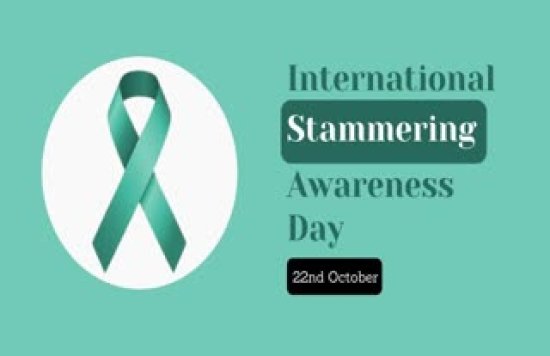22 October is International Stammering Awareness Day – and so an opportunity to raise awareness of a much misunderstood, and much stigmatised condition. Norbert Lieckfeldt, Corporate Governance Manager and former CEO of the British Stammering Association, explains…
What is stammering?
Stammering (or stuttering, they are interchangeable), which affects about 1% of the adult population, is a communication disability in which the smooth production of speech is impaired. We now know that it is caused by a neurological difference in the way that our brain processes speech which means that fluent speech is not always possible. Additional, learnt struggle behaviours then manifest as the stereotypical outward signs of stammering (repetition or prolongation of sounds).
One in a 100? How come I never hear anyone stammer?
Many people who stammer realise very quickly that stammering isn’t a fashionable disability to have – there is huge stigma around it, and people who stammer are often regarded as less likeable, more anxious, less intelligent than fluent speakers.
So people who stammer will often go to extraordinary length to hide the fact that they stammer, usually by avoiding sounds, words or speaking situations that may cause them to stammer.
As you can imagine, this can be incredibly exhausting. Try living a day where you MUST at all cost avoid all words beginning with a ‘d’ or an ‘s’.
How does it affect me?
I used to stammer very severely – in my late 20s, early 30s I was practically struck dumb – I couldn’t make sounds, would have silent blocks, couldn’t talk to strangers or ask for things in the shop.
These days, it’s much less pronounced, and yet it still is my constant companion. When I am introduced to people, my first thought is “Can I say that name?” (sorry, all you Alisons and Eleanors out there); if I need to ask the bus driver about a stop, my first thought is “will I stammer?”. Initiating telephone calls is a struggle – I’d rather send a few dozen emails.
What can I do to support people who stammer?
When you notice someone stammers in conversation with you, here’s a few easy tips:
-
Keep eye contact and smile
-
Try not to interrupt, and don’t finish the word for them
-
Wait for them to finish; it can be uncomfortable, but they’ll get there even if it may take a few seconds more
The NHS Stammering Network is here to support all staff (and their line managers) in the NHS affected by stammering – check out our website: The NHS Stammering Network.
